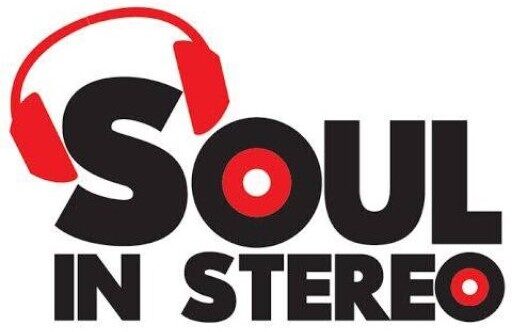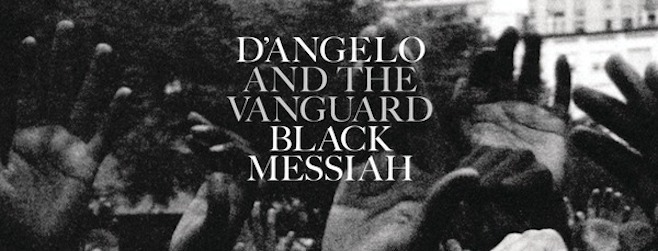D’Angelo and The Vanguard
Black Messiah (released Dec. 15, 2014)
Man, y’all never let a brother get a break.
Last year this time, it was the Beyhive rioting in my timelines, hungry for a review of Beyonce’s secret album. The hype was so overwhelming that I was ready to destroy the album in my review — until I listened and it lived up to that hype.
One year later, it’s D’Angelo who has finally re-emerged from the depths of Virginia’s James River, dropping his first album in 14 years.
FOURTEEN YEARS! This was pre-iPhone, pre-Twitter and pre-rappers with butt injections. Can you imagine if Vine was around when “Untitled (How Does It Feel)” dropped? Good lord, the parodies would be sickening.
But I digress.Unlike the release of Beyonce, which seemed to be overwhelmingly positive in my corner of the blogosphere, reaction has been mixed on D’Angelo’s third album. Some literally called it one of the best R&B records ever recorded; others said it was downright unlistenable at times.
As with most things, the truth lies somewhere in the middle. When you remove yourself from the excitement of return the neo-soul movement’s greatest pioneer, while also overlooking the album’s stark contrast to what is considered R&B in 2014, you’ll find a solidly crafted album that isn’t without its flaws.
First, let’s get this out of the way now, D’Angelo stans — Black Messiah is NOT his 95 debut Brown Sugar, nor is it 2000’s Voodoo. If you’re looking for a continuation of either of those albums, you’re going to be gravely disappointed. Instead, this album plays out like a hourlong jam session doused in heavy funk with undertones of traditional R&B.
“Aint That Easy” serves as an obvious homage to Prince with “Sugah Daddy” feels like something from the Ohio Players’ playbook. From the sassiness of “Really Love” to the infectious “Betray My Heart,” the entire album exudes an atmosphere of funk, like something out of George Clinton’s daydreams.
But it’s not just about the groove, D’Angelo has a lot on his mind. “The Charade” examines the plight of the lower class, proclaiming that the struggle for equality is still ongoing. It’s pretty poignant, considering recent headlines swirling around social justice. And on “Back to the Future (Part 1)” D’Angelo has words for you ladies more interested in his image than his substance: “Wondering about the shape I’m in/hope it ain’t my abdomen, that you refer to.” Get your minds right, sistas.
Unfortunately, many other pearls of wisdom are tough to decipher. Why? Because you can barely hear them. D’Angelo often warps and distorts his lyrics, making it nearly impossible to hear what he’s saying. I mean, “1000 Deaths” sounds like he’s singing in a dishwasher. I will say, though, that even when the lyrics are unintelligible, it’s the undeniable groove that keeps things going. Still, it will make the album a tough listen for some fans.
The album’s greatest highlight, “Another Life” is the one track that both longtime D’Angelo fans and newbies will enjoy. It’s a fully formed ballad in the vein of the incomparable Brown Sugar, but with Voodoo’s mysticism. It’s really the best of both his worlds.
Is Black Messiah an instant classic? No way. Is it a complete waste? Playa please. Black Messiah is a fine comeback album that proves that D’Angelo would rather innovate than follow current trends. It’s not an easy listen, but it’s intriguing, just like the man himself.
Best tracks: “Another Life,” “Really Love,” “The Charade”
3.5 stars out of 5





That’s fair. The production quality is befuddling. Like he just wanted to get the album out in a hurry so he could out on tour.